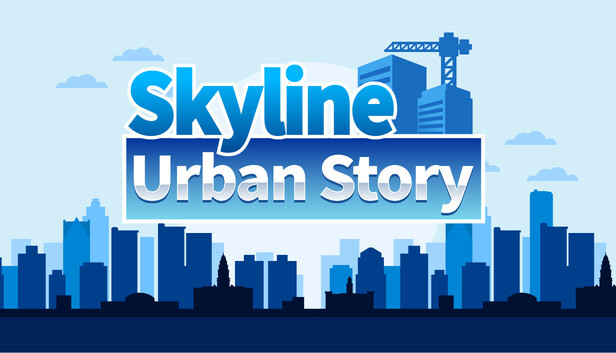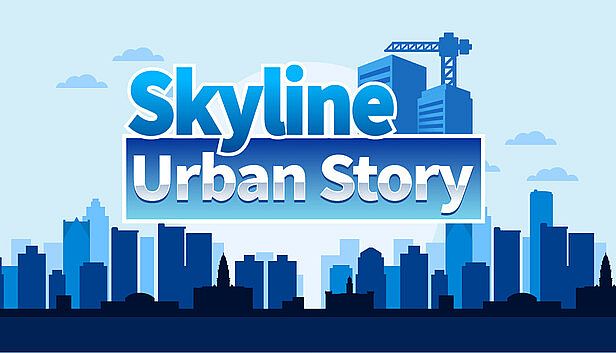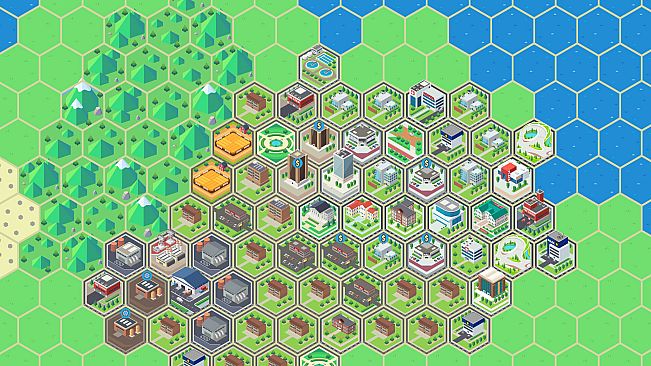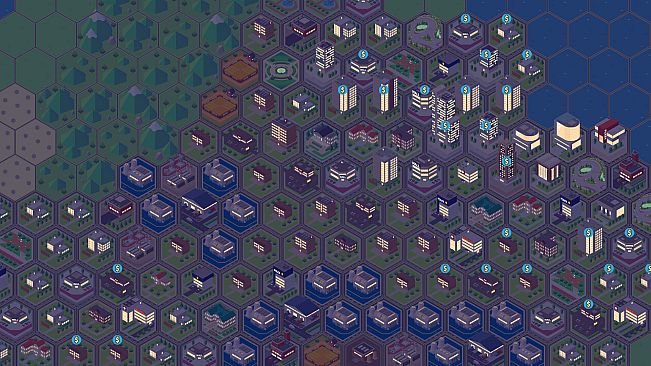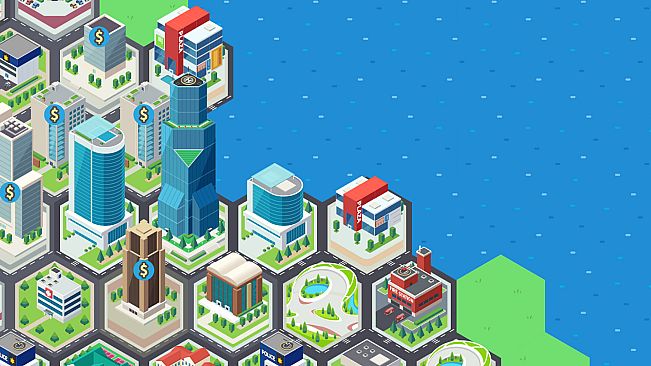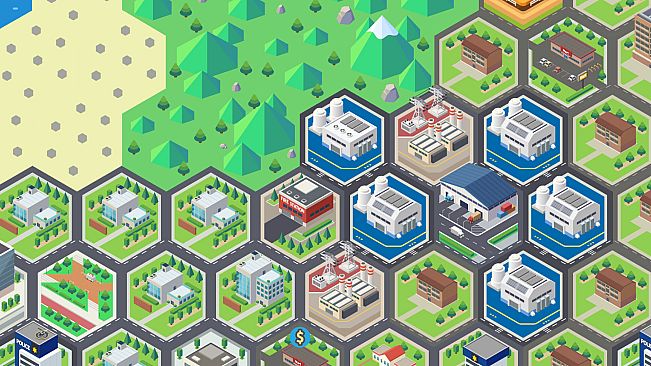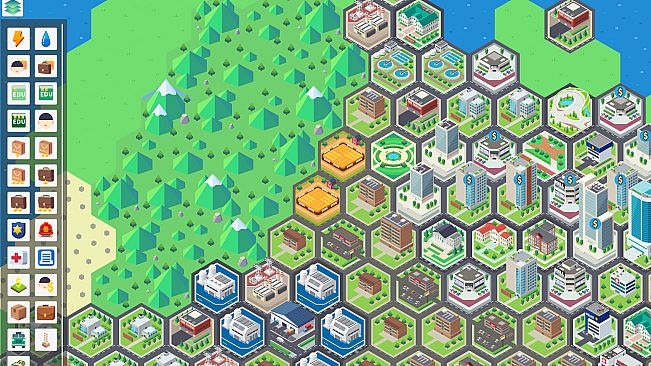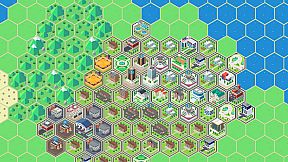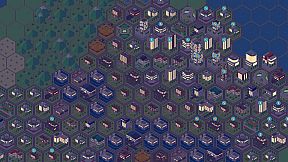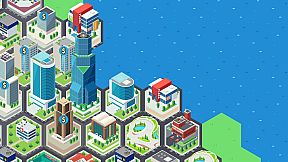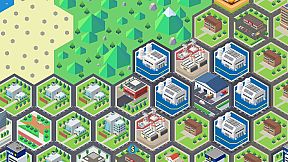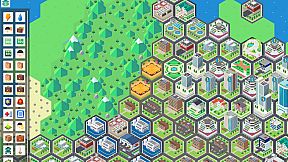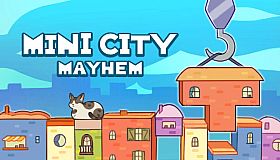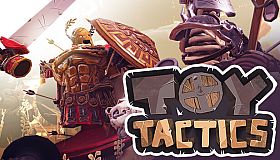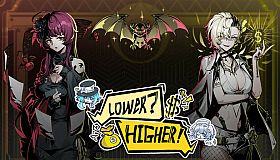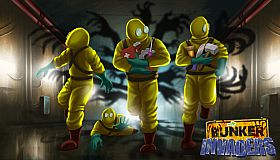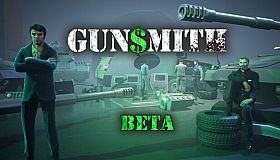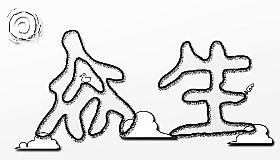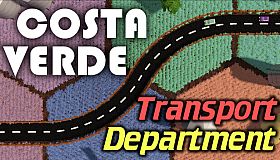*Skyline Urban Story* is a city-building simulation game centered on macro-level planning. There’s no traditional “build roads, then place buildings” process—this is a true city management experience. As the mayor overseeing everything, the lifeblood of every industry, citizen, and economy flows under your command.
Master Planning, Beyond the Ordinary
Say goodbye to old-school road-based layouts. On a grid-based map, you can freely design the entire city—from overall structure to industrial distribution—all under your control.
A Real Economy Driven by Demand Chains
Jobs bring people, people bring consumption, and consumption drives industry. As education improves, office demand rises, industries evolve, and tax revenue grows—all naturally following the laws of economics.
From Farmland to High-Tech Industries
Food, iron ore, chips, automobiles—every industry produces tangible resources. Supply and demand determine trade flow: surplus leads to exports, shortages to imports. Your city’s economy becomes a finely tuned machine.
Sign Trade Contracts, Build an Export Powerhouse
Carefully choose what to export and import to maximize profit. With limited contract slots, every deal matters—each signature could shape your city’s destiny.
The Pulse of Land Value and Wealth
High-value downtown districts attract wealthy residents and premium jobs, while the outskirts nurture everyday life. Manage land values wisely to watch skyscrapers rise and witness the evolution of your city’s social fabric.
GDP and Global Competition
Every tile contributes to your city’s GDP. Will you become an industrial powerhouse or a financial hub? The data will tell the story. Climb the global leaderboard and compete with mayors around the world!
Zoning System: Give Your City a Soul
From agricultural zones to creative districts, from shopping streets to towering CBDs—each zone type brings unique benefits and aesthetics, shaping your city’s identity and purpose.
Research and Civic Progress
Taxes aren’t just income—they’re fuel for innovation. Invest in research to unlock new technologies and push your city into higher stages of civilization.
⭐ Mayor Rating & Citizen Satisfaction
Your decisions will be judged by your citizens. Manage the city well, and they’ll reward you with prosperity. Fail them, and even taxes may stop coming in.
Officer Assistant System
As your city grows, hire officers to help with administration. Let them handle the details while you focus on the big picture.
Time Machine Review System
From your first cottage to a skyline of skyscrapers, from a humble village to a megacity—relive your city’s entire journey and the pride of building a world with your own hands.
This isn’t just another city-builder about stacking and decorating—it’s a living experiment in economy, strategy, and humanity.
When you gaze upon your shining skyline, remember—every breath this city takes begins with your decision.


